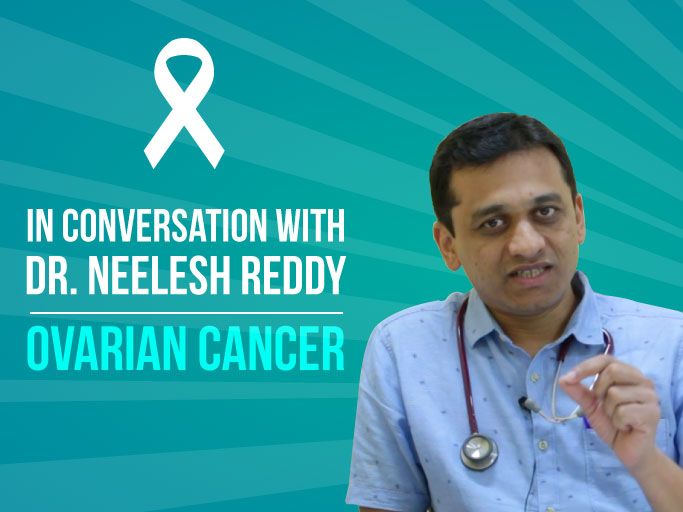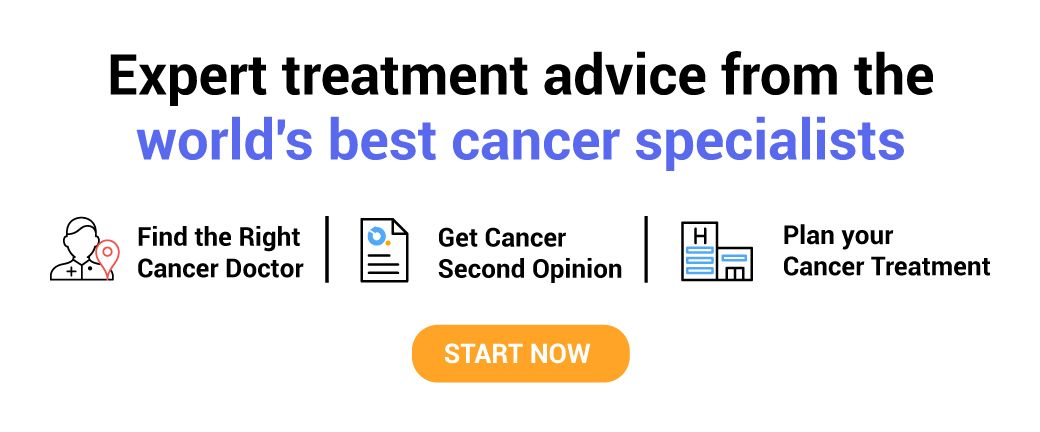Dr Neelesh Reddy is a senior medical oncologist at Onco.com. Trained at one of the premium institutes for cancer, Cancer Institute at Adyar, he elucidates key concerns in one of the primary women cancers, ovarian cancer.

The ovaries make female hormones and produce a woman’s egg. And ovarian cancers are a group of diseases that affect the woman’s ovaries. There are different types of ovarian cancers and each is unique depending upon origin, the appearance under a microscope and treatment. As is the case with most other cancers, treatment is curative if ovarian cancer is detected early. Read more on treatment for ovarian cancer.
Research has it that more than 2,50,000 women are diagnosed with ovarian cancer every year and about 1,40,000 die from it every year in the U.S. This blog goes over why you must not ignore symptoms, and how every woman is at risk for it. Read more on symptoms of ovarian cancer. The following are a few questions he tackles in this interview:
- What are ovarian cysts and are they all cancerous?
Dr Neelesh highlights the importance of getting all cysts checked while he differentiates between simple cysts that may develop after ovulation or pregnancy and cancerous cysts that require more specialised treatment.
2. Is it possible for a person with the ovaries removed to still get ovarian cancer?
Here, Dr Neelesh Reddy explains the science behind developing ovarian cancer despite having the ovaries surgically removed during cancer treatment. Watch video to find out how.
3. Do fertility drugs also increase the risk of ovarian cancer?
While infertility itself may be a risk factor for ovarian cancer, Dr Reddy confirms that there is no evidence that proves the risk of developing ovarian cancer
4. What is CA-125 level and does it indicate the risk of developing ovarian cancer?
Dr Reddy highlights the importance of CA-125 in cancer follow-up care despite it not being a risk factor for ovarian cancer. Find out how.
5. What is life like after the treatment of ovarian cancer?
Listing out a number of likely side-effects, Dr Reddy also emphasises the need to inform the healthcare team if these side-effects persist when they are actually expected to subside after treatment.
When formerly interviewed, he said, “evolution will eliminate the ‘fear of cancer’ from our minds, and make room for hope in cancer treatments.” Find excerpts of the interview with Dr Reddy here.
As a female disease, there is added taboo associated with ovarian cancer. Dr Neelesh explores the emotional aspect of suffering from ovarian cancer. The conversation sprawls out into various other concerns such as, the BRCA genes are, the link beween ovarian and breast cancers, the use of transvaginal ultrasounds in screening and what genetic screening is.
Dr Neelesh has a knack for putting down jargons simply. He even responds to the issue of contradictory opinions from two different doctors with ease. Watch the full video to find expert answers on key questions about ovarian cancer.




